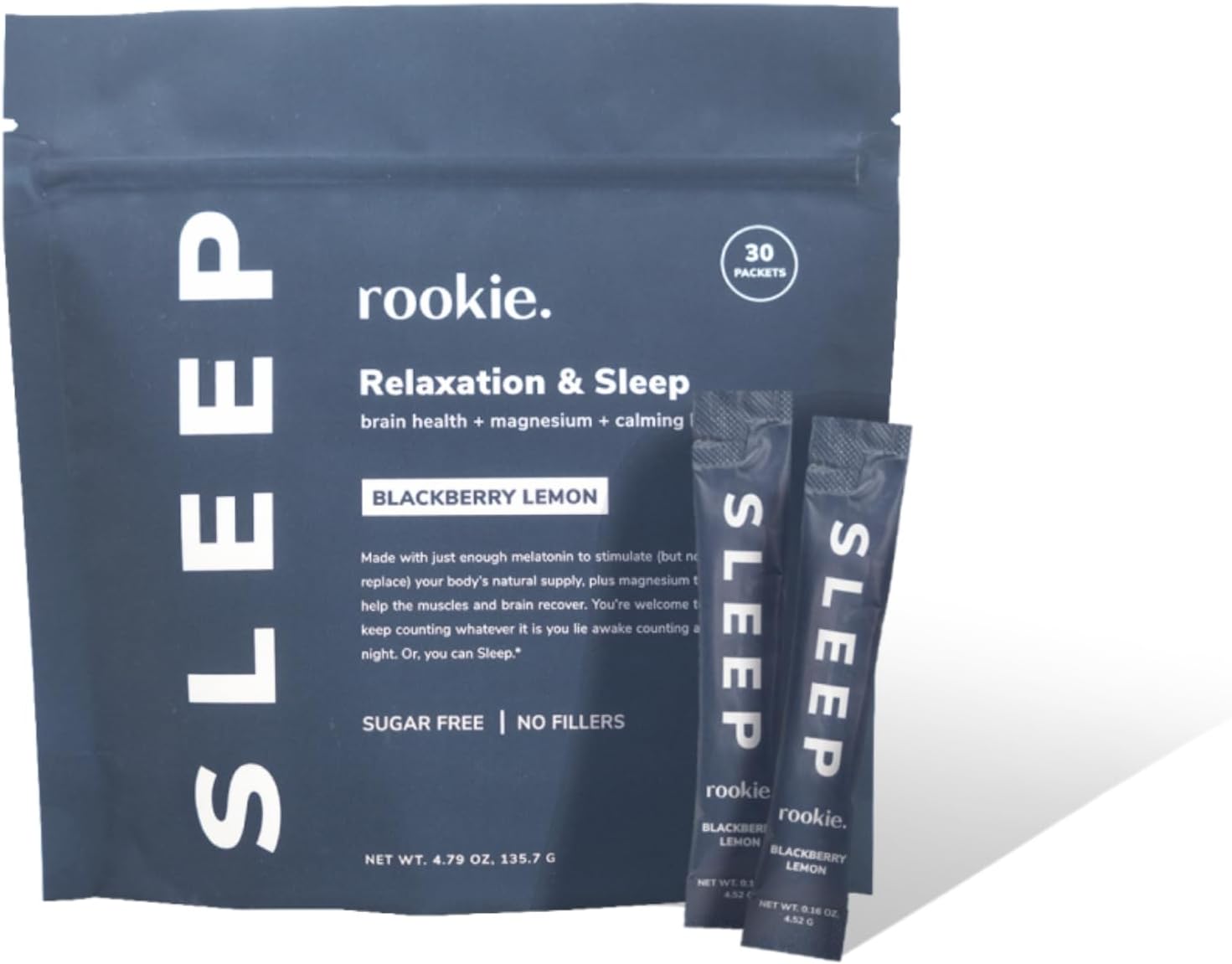Why can’t I sleep? It could be your sheets or doona
As winter approaches, many of us will be turning to our bedding to keep warm and cozy at night. But how much of a difference does your bedding make to your thermal comfort? Can a particular textile help you sleep?
The Importance of Bedding
Our bedding plays a crucial role in maintaining a comfortable temperature, which is essential for a good night’s sleep. The right textiles can regulate our body temperature and wick away moisture from sweat, promoting better sleep. In the cooler months, we’re mainly concerned about a textile’s insulation properties – keeping body heat in and the cold out. As the temperature climbs, we’re less concerned about insulation and more concerned about wicking away moisture from sweat.
Different Textiles Have Different Properties
Some textiles are better than others when it comes to insulation, wicking away moisture, or breathability. Cotton and wool have tiny air pockets that act as insulation to provide warmth in cold weather. Thicker fabrics with more air pockets tend to be warmer, softer, and more breathable. However, these factors are also affected by the type of fibre, the weave of the fabric, and the manufacturing process.
Cotton and wool are also breathable fabrics, meaning they help regulate temperature. While cotton absorbs moisture (sweat) from your skin, it doesn’t wick it away efficiently. This retained moisture can make cotton feel clingy and uncomfortable, potentially leading to chills in warm weather. Wool, on the other hand, is highly absorbent and wicks moisture effectively.
Linen is another breathable fabric, but it provides less insulation than wool and cotton due to its hollow fibres. This makes linen less effective for keeping warm in winter but is effective for keeping cool in summer. Polyester is a synthetic fibre that can be made to trap air for insulation but is not naturally breathable. Usually, it absorbs moisture poorly, making it uncomfortable against the skin.
Which Sheets Help You Sleep?
As part of our review, we couldn’t find any studies that directly compared sheets made from different textiles (for instance, regular cotton and flannelette) and their impact on sleep when it’s cold. However, linen sheets are particularly effective in warmer conditions. In one study, conducted at 29°C and high humidity, linen sheets promoted less wakefulness and fewer stages of light sleep than cotton sheets.
How About Doonas?
If you don’t heat your bedroom at night in winter, a goose down doona might be an option. Goose down doonas promoted the longest, deep-sleep, followed by duck down, then cotton when sleeping at 11°C. This may be because down offers better insulation (by trapping more air) than cotton. Down also has lower thermal conductivity than cotton, meaning it’s better at keeping warmth in.
Choosing Between Wool and Polyester Doonas
In a wool-industry funded study, there wasn’t much difference between wool and polyester doonas. The study found no significant difference on sleep at 17°C or 22°C. So, when choosing between a wool or polyester doona, you may want to consider factors such as breathability, insulation, and personal preference.
Conclusion
The choice of bedding is highly individual. What feels comfortable to one person is not the same for the next. This variability, and a wide range of study designs, makes it hard to compare different studies about the impact of different textiles on sleep. So, you might need to experiment with different textiles to discover what works for you.
FAQs
Q: What is the most breathable fabric for summer bedding?
A: Linen is a breathable fabric that provides less insulation than wool and cotton, making it effective for keeping cool in summer.
Q: What is the best fabric for keeping warm in winter?
A: Wool and cotton are both good options for keeping warm in winter, as they have tiny air pockets that act as insulation to provide warmth.
Q: Is polyester a good option for bedding?
A: Polyester is a synthetic fibre that can be made to trap air for insulation, but it is not naturally breathable. Usually, it absorbs moisture poorly, making it uncomfortable against the skin.
Q: Can a goose down doona help with sleep?
A: Goose down doonas have been shown to promote longer, deeper sleep due to their better insulation properties and lower thermal conductivity.
Q: How do I choose the right bedding for my needs?
A: You may want to consider factors such as breathability, insulation, and personal preference when choosing the right bedding for your needs.
Recommended Products:
-

Sleep Patches, 30 Pack Upgraded Deep Sleep Patches for Adults, All Natural Deep Sleep Patches, Quick Acting Ingredients, for Men and Women, Easy to Use That Last All Night – Violet – 6
$19.99 Buy Now -
Sale!

Sanar Naturals Collagen Pills Beauty Sleep with Melatonin 6 mg – Boost Hair Skin Nails Joints – Hydrolyzed Collagen for Women and Men, Collagen Peptides Supplement, 150 Capsules
Original price was: $25.00.$18.99Current price is: $18.99. Buy Now -

Rookie Wellness Sleep – Natural Sleep Aid with 180 mg of Magnesium Bisglycinate, 1 mg Melatonin, Valerian Root, & Passion Flower to Promote Tranquility & Sleep (30 Pack, BlackBerry Lemon)
$49.00 Buy Now



